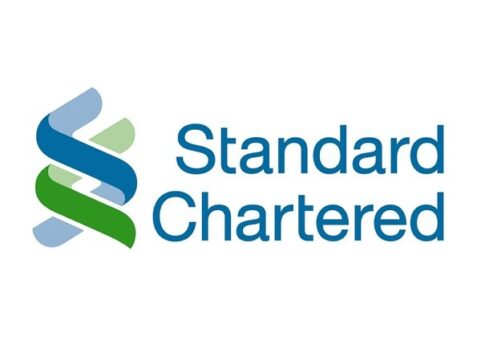Karachi, March 6, 2024 – Standard Chartered Bank Pakistan Limited has recently disclosed that it paid a substantial penalty of Rs 143 million due to regulatory violations, as per a report released by the financial institution.
This monetary penalty was imposed by the State Bank of Pakistan (SBP) during the calendar year.
The report indicates that Standard Chartered Bank faced penalties amounting to Rs 143.05 million, marking a significant surge from the Rs 12 million incurred in the preceding calendar year. This alarming increase in penalties has raised concerns about the bank’s adherence to regulatory guidelines and procedures.
The State Bank of Pakistan, in its evaluation, found Standard Chartered Bank in violation of regulatory instructions related to critical areas such as Customers Due Diligence (CDD), Know Your Customer (KYC), Foreign Exchange, and General Banking Operations. These are pivotal components of banking operations aimed at ensuring the integrity of financial transactions, preventing money laundering, and maintaining a secure banking environment.
Sources within the SBP state that the bank’s lax approach towards these fundamental regulatory aspects led to the imposition of penalties. The financial institution is now under scrutiny for its failure to comply with guidelines that are crucial for maintaining the transparency and security of financial transactions.
In response to the penalties, the State Bank of Pakistan has not only taken penal action but has also issued advisory recommendations to Standard Chartered Bank. The SBP has advised the bank to enhance its internal processes and controls, emphasizing the need to address the identified shortcomings to prevent a recurrence of similar regulatory violations in the future.
The advisory serves as a wake-up call for Standard Chartered Bank, urging it to reassess and fortify its internal mechanisms to align with the SBP’s regulatory requirements. Strengthening Customers Due Diligence (CDD) and Know Your Customer (KYC) processes, along with improving compliance with Foreign Exchange and General Banking Operations guidelines, is now imperative for the bank to regain trust and credibility in the eyes of regulators and customers alike.
This development highlights the growing emphasis on regulatory compliance within the banking sector, as financial institutions are increasingly held accountable for ensuring the integrity of their operations. The State Bank of Pakistan’s firm stance on penalizing violations underscores the importance of a robust regulatory framework to safeguard the stability and reliability of the country’s financial system.
Standard Chartered Bank now faces the challenging task of not only paying the imposed penalty but also rebuilding its reputation by implementing the necessary changes to prevent future regulatory lapses. As the banking industry navigates an evolving landscape of compliance and oversight, this incident serves as a reminder of the crucial role that adherence to regulatory standards plays in maintaining the trust and confidence of stakeholders in the financial sector.
